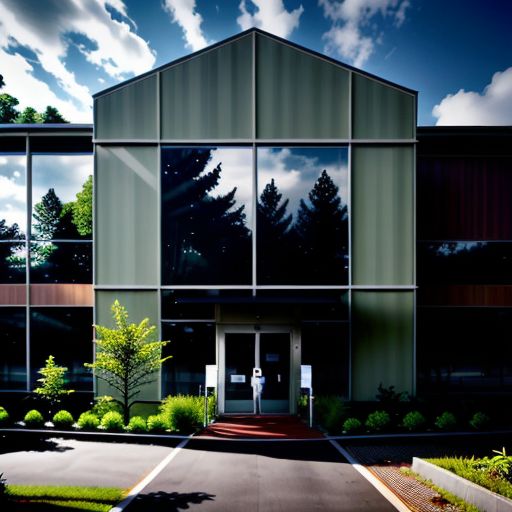The journey to recovery from addiction and mental health challenges can be daunting, but it’s a journey worth taking. For many, a “High Point Treatment Center” represents a beacon of hope, a place where healing begins. But what exactly does this term mean, and how can you find the right center for your needs? Let’s explore everything you need to know about high point treatment centers.
Understanding the Essence of a High Point Treatment Center
What is a High Point Treatment Center?
A high point treatment center refers to a specialized facility offering comprehensive care for individuals battling substance abuse, addiction, and co-occurring mental health disorders. These centers go beyond simply addressing the physical aspects of addiction; they delve into the emotional, psychological, and social factors contributing to the problem.
Why “High Point”?
The term “high point” often signifies a turning point, a moment of clarity and commitment to change. For individuals struggling with addiction, a high point treatment center symbolizes the start of their journey towards lasting recovery.
The Importance of Seeking Treatment at a High Point Treatment Center
Comprehensive and Individualized Care
High point treatment centers offer a wide range of evidence-based therapies and interventions tailored to each person’s unique needs. This personalized approach ensures that the underlying causes of addiction are addressed, paving the way for sustainable recovery.
A Supportive and Structured Environment
These centers provide a safe, structured, and supportive environment crucial for individuals in early recovery. The removal of external triggers and temptations allows them to focus entirely on healing and rebuilding their lives.
A Team of Experienced Professionals
High point treatment centers are staffed by a multidisciplinary team of highly trained professionals, including:
- Psychiatrists: Diagnose and treat co-occurring mental health disorders.
- Therapists: Provide individual, group, and family therapy.
- Addiction Counselors: Offer guidance and support throughout the recovery process.
- Medical Professionals: Address any physical health needs.
treatment.phatgiao60s.com/wp-content/uploads/2024/07/treatment-center-building-669514.jpg" alt="Modern Treatment Center Building" width="512" height="512">Modern Treatment Center Building
Common Questions About High Point Treatment Centers
Navigating the world of addiction treatment can feel overwhelming. Here are answers to some frequently asked questions:
What Types of Treatment Programs are Offered?
- Inpatient/Residential Treatment: Provides 24/7 care in a structured, live-in setting.
- Partial Hospitalization Programs (PHP): Offers intensive daily treatment while allowing individuals to live at home.
- Intensive Outpatient Programs (IOP): Provides structured treatment several days a week for individuals who require flexibility.
- Aftercare Planning: Offers ongoing support and resources to maintain long-term sobriety.
How Long Does Treatment Last?
The duration of treatment varies depending on the individual’s needs and the program they choose. It can range from a few weeks to several months.
How Do I Know if I Need Treatment?
If you are struggling to control your substance use, experiencing negative consequences as a result of your use, or feel that addiction is impacting your quality of life, it’s crucial to seek professional help.
Taking the First Step: Finding the Right High Point Treatment Center for You
Finding the right high point treatment center is a personal decision. Consider factors such as:
- Location and Accessibility
- Treatment Specialities
- Insurance Coverage
- Program Philosophy
Remember, recovery is possible. Seeking help from a high point treatment center can provide the support, guidance, and tools needed to reclaim your life from addiction and embrace a healthier, brighter future.
Need help finding the right treatment center for you or a loved one? Reach out today for confidential support and resources.
